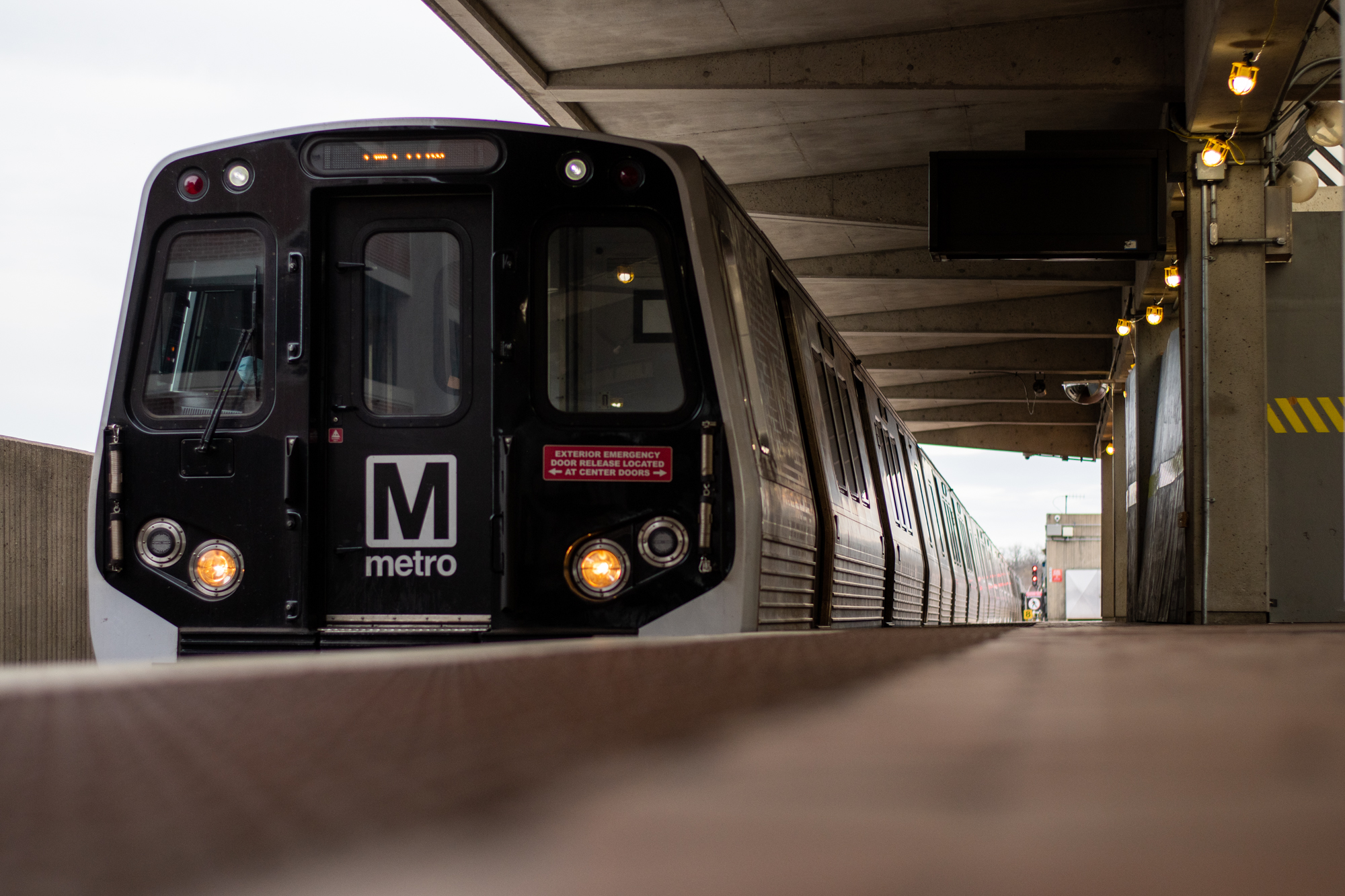By Erin Sjostedt
For The Diamondback
While other schools in the Washington, D.C., area offer students unlimited Metro rides at a discounted rate, University of Maryland DOTS said implementing the policy at this university would likely lead to a student fee hike due to the program’s cost.
This university does not participate in the Washington Metropolitan Area Transit Authority’s U-Pass program, which offers college students discounted rides on the Metrorail and Metrobus.
The cost to enroll every student at this university in the program would not be justifiable, the Department of Transportation Services wrote in a statement to The Diamondback, as some students do not use the Metro regularly.
Under the U-Pass program, unlimited Metro rides are included in tuition at participating schools, according to WMATA’s website. The cost is equal to $1 per day, the website said.
This university’s DOTS said in a statement that while the program can be a “great benefit” for students who regularly use public transportation, it requires a “substantial cost.”
Students who do not consistently use Metro services can’t opt out of the program, which would lead to higher student fees, according to DOTS.
Several students at this university said the benefits of the program outweigh the expected student fee increase.
[UMD announces new traffic pattern at Campus Drive and Adelphi Road]
Eva Stavisky, a senior public policy major, said more students would use the Metro if they were financially able to.
Stavisky, who uses the Metro about once a month, highlighted that students’ access to internships in Washington D.C., could improve as a result of the U-Pass program.
Stavisky said the U-Pass program would be a better use of financial resources than other embedded student fees, such as athletics and recreation.
“I think the school puts a lot of money in things that much less students use than the Metro,” Stavisky said.
Multiple universities in Washington, D.C., including American University and George Washington University, participate in the U-Pass program. Full-time students at universities not enrolled in the program must pay the full price for an unlimited Metro pass, which can range from $72 to $216 each month.
James McAndrew, a senior neurobiology and physiology major at this university, said he believes including the U-Pass program in his tuition would be useful, especially as an out-of-state student.
[UMD DOTS, student organizations transform parking spaces for sustainability initiative]
Like Stavisky, McAndrew emphasized that to him, transportation is more important than other student fees such as athletics.
When the Purple Line light rail system project begins operations, students, faculty and staff at this university will be able to ride free at five stations located at or around this university, according to a DOTS statement.
The light rail system, which will have 21 stations, is expected to begin carrying passengers in late 2027.
But Allie Moraglia, a junior economics major, said it is “a little silly” that students will have limited access to the Purple Line once it opens.
Including other Purple Line stops for this plan and adopting the U-Pass program could reduce pressure on students to have a car on campus or spend money on other forms of transportation, Moraglia said.
DOTS referred to its original statement to The Diamondback in response to a request for comment about student criticisms about U-Pass program enrollment and the Purple Line.



